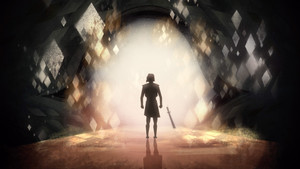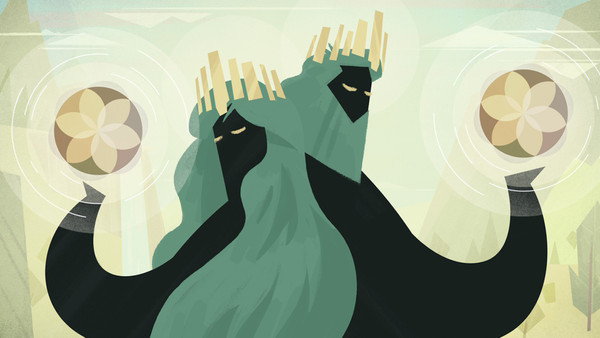

Sabbath
The Bible opens with God creating an ordered world from chaos in six days before resting on the seventh day. This pattern of seven that ends with divine-human rest echoes throughout Scripture. Jesus embraces this theme in his mission to establish God’s Kingdom on Earth, where humanity and God will finally rest together.
Reflect
How does the author of Genesis conclude each of the seven days of creation (see Gen. 1:1-2:3)? Consider the seventh day of creation as an ultimate rest day. What do you think it would be like to always live in that rest with God?
Read Genesis 3:1-7 and Genesis 3:21-24 aloud. What were the humans tempted to believe about God and themselves? How did they act on these beliefs, and how did this choice exile them from the place of rest? How do you think lies about God and ourselves prevent us from resting with God today?
God wants to restore humanity to ultimate rest, so he chooses the Israelites to reenact his seventh-day rest so they can share it with others. Of all the ways he invites them to practice rest (e.g., Exodus 20:8-11, Leviticus 23:1-3, Leviticus 25:8-13), which practice are you least familiar with today?
Jesus comes to restore us to God’s eternal rest! How does Jesus launch his public ministry? Read Luke 4:14-21, noting that the year of favor refers to the ultimate Jubilee—Israel’s super-charged Sabbath (see Leviticus 25). What do you observe?
What is one specific way Jesus invites us to receive and practice true rest (e.g., Matthew 11:28-29)?
View Guide
Downloads
Biblical Themes

The Wilderness

Redemption
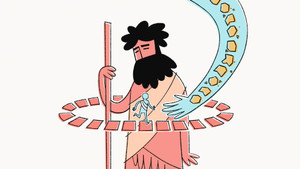
The Exodus Way

The Mountain
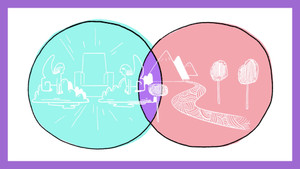
Heaven & Earth
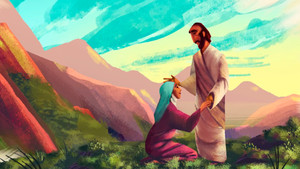
The Messiah
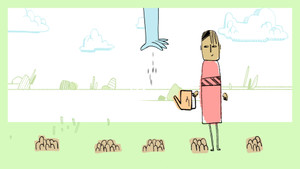
The Covenants
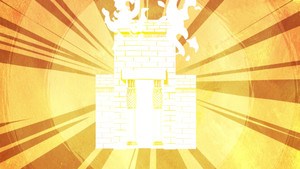
Holiness
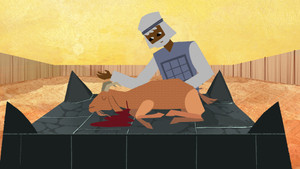
Sacrifice and Atonement
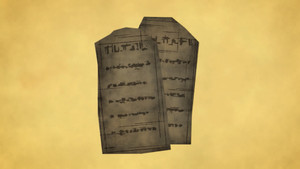
The Law
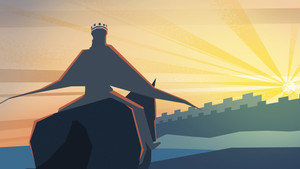
Gospel of the Kingdom
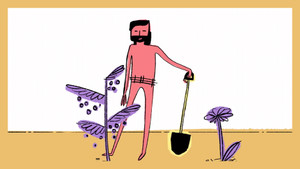
Image of God
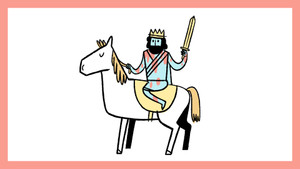
Day of the Lord
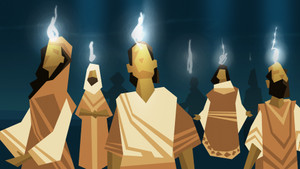
Holy Spirit
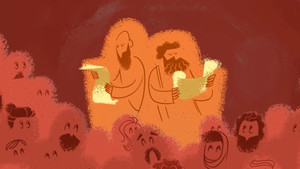
Public Reading of Scripture
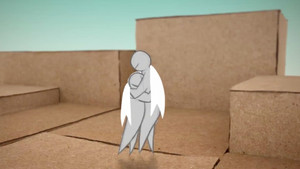
Justice
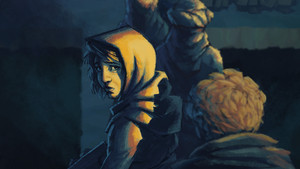
Exile
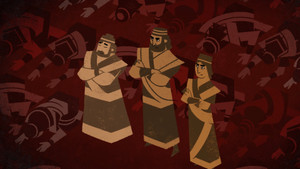
The Way of the Exile
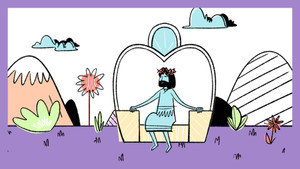
Son of Man
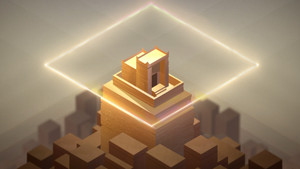
Temple
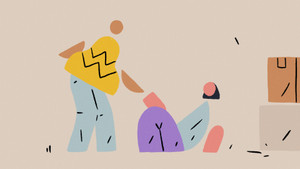
Generosity

Sabbath
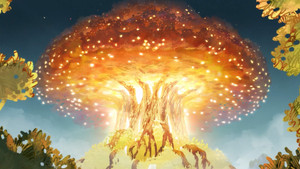
Tree of Life
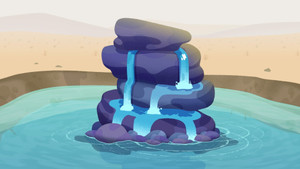
Water of Life
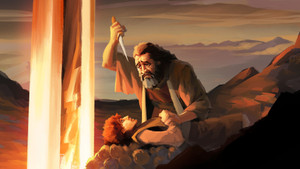
The Test
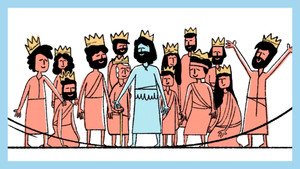
Eternal Life
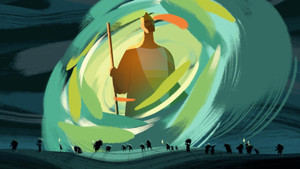
Blessing and Curse
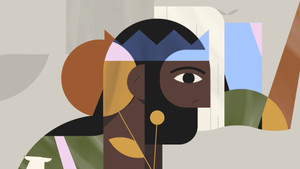
The Last Will Be First
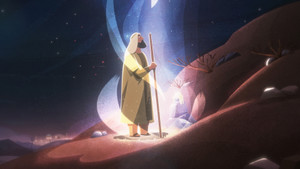
Anointing
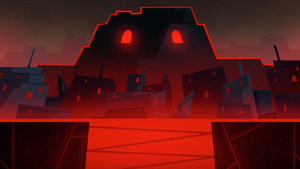
The City
